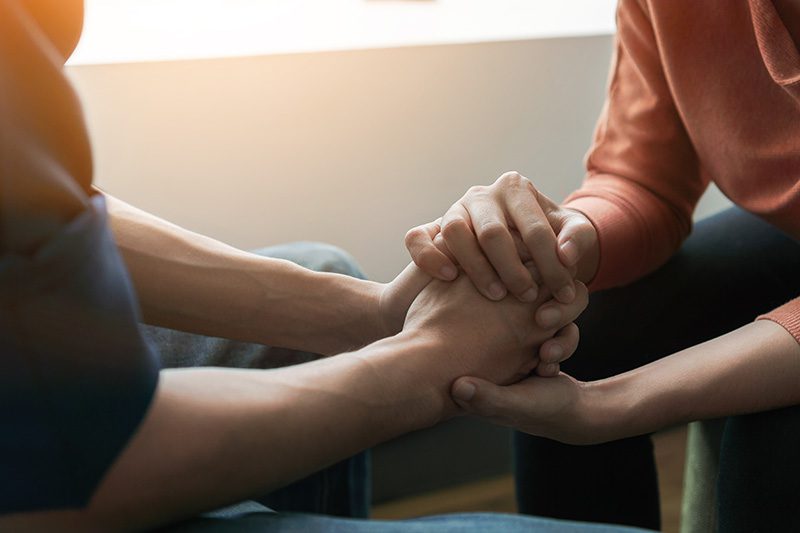Addiction recovery is a life-long journey. Unfortunately, overcoming addiction doesn’t guarantee sobriety forever. In fact, about 40-60% of people treated for substance use disorders relapse at some point in their lives. In this article, you’ll learn more about how to enjoy long-term recovery while also reducing your risk of jeopardizing your recovery journey.
Outpatient LA is a premier outpatient drug rehab in Los Angeles that has helped many patients safely overcome addiction and enjoy long-lasting sobriety. We understand that each recovery journey is different. That’s why we offer a comprehensive range of addiction treatment to ensure you receive the best possible care for your personal recovery needs. Ready to break free of addiction once and for all? Contact us today!
5 Ways to Enjoy Long-Term Recovery
While maintaining your sobriety is important as you progress along your recovery journey, there are many ways to enjoy long-term recovery without jeopardizing your sobriety. Keep reading to learn several ways how to enjoy long-term recovery without risking your health and quality of life.
1. Develop Healthy Coping Strategies to Maintain Sobriety
First, it’s important you develop and practice healthy coping strategies to maintain long-term sobriety. This may include practicing healthy habits such as hiking, biking, taking an art class, journaling, or taking yoga classes. All of these coping strategies not only support your recovery journey but are also enjoyable and great self-care practices to improve your overall physical or mental health and well-being.
2. Celebrate Your Recovery Victories
Next, it’s also important to celebrate your milestones and wins in your recovery journey. Whether you’re celebrating one month, one year, or one decade of sobriety, all of these are recovery victories that deserve to be celebrated. Celebrating your wins will keep you motivated and allow you to look back and see how much you’ve progressed along your road to recovery.
3. Build Meaningful Relationships with Others
Another way you can enjoy long-term recovery is by building meaningful relationships with others. This may look like rebuilding relationships you may have hurt while you struggled with your addiction. For example, if you hurt friends and family members who witnessed destructive behaviors you did while you struggled with addiction, it may be helpful to reach out to them to repair the relationship.
Building meaningful connections with others can also look like attending support groups. Support groups not only help support your road to recovery but also give you the opportunity to meet other peers who share many similar struggles and experiences as you do. Therefore, you will be more likely to connect and resonate with other members in your support group.
4. Prioritize Healthy Lifestyle Habits
Another way to enjoy long-term recovery is by prioritizing healthy lifestyle habits. This may look like maintaining a consistent workout schedule and eating a well-balanced diet. Healthy lifestyle habits not only improve your physical and mental health but also help support your recovery journey.
5. Enjoy Hobbies and Activities that Interest You
Last but not least, there are so many healthy hobbies and activities that are waiting for you. Whether you have always wanted to learn how to play an instrument, travel, learn a new language, or join a local religious organization or sports team, there are so many hobbies and activities you can explore and enjoy as you progress along your road to recovery.
Not only will you likely find enjoyment and newfound purpose in these activities, but these hobbies also help reduce your risk of relapsing. This is because rather than focusing on triggers or urges to abuse drugs, you are focusing your energy on healthy activities that genuinely interest you and improve your physical, mental, and emotional health.
Help Is Available
There are a number of ways to determine how to enjoy long-term recovery without jeopardizing your sobriety. From celebrating your recovery wins to building relationships with others, life after addiction is possible. These methods to enjoy recovery can greatly increase not just your own physical and mental health but also your ability to form more meaningful connections with others in your life.
At Outpatient LA, we understand that no two recovery journeys are ever the same. This is why we provide individualized treatment plans to meet you right where you’re at on your road to recovery.
Ready to start your recovery journey? Contact our California outpatient drug and alcohol rehab today!




